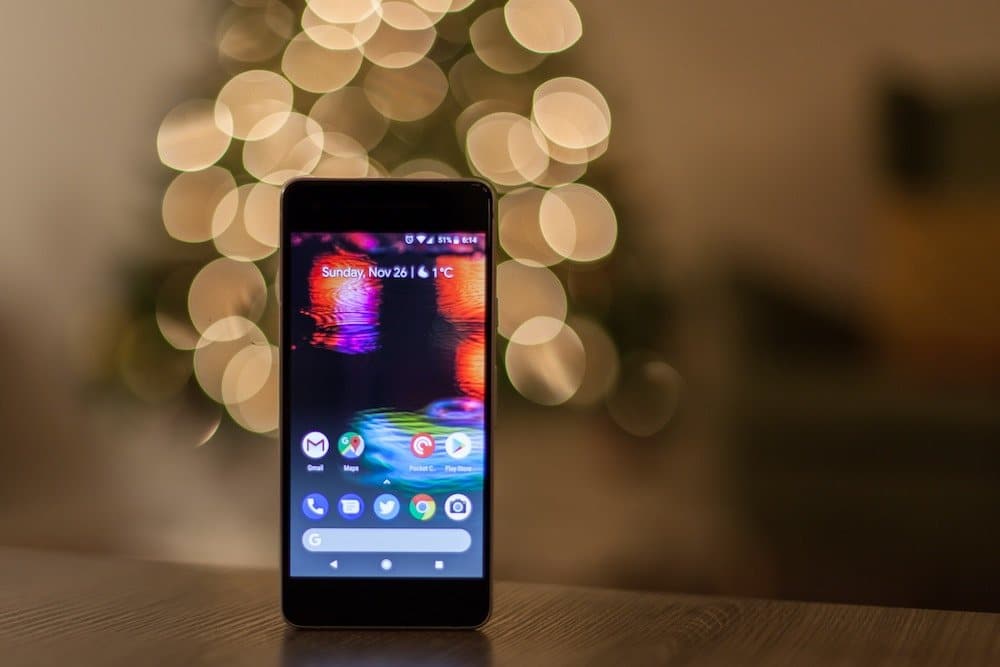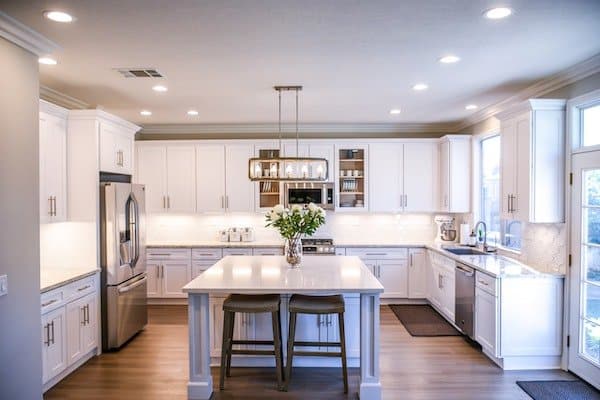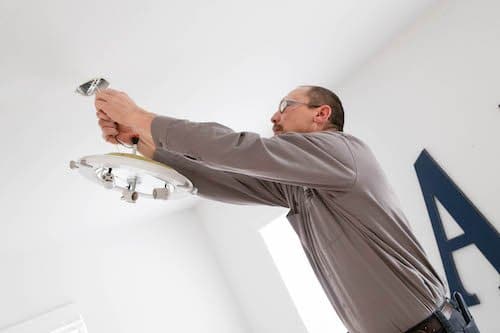How Do Smart Light Bulbs Work?
Smart light bulbs are like regular light bulbs, except for the fact that they can be controlled remotely via your voice, an app, or other wireless means like Bluetooth. Making your home “smarter” can be as simple as screwing in a smart light bulb in place of your existing incandescent bulb. Many homeowners are moving towards smart home lighting because of its easy implementation and convenient capabilities.

Smart Lights: Getting to Know the Basics
Smart lights utilize wireless networks to control your lighting systems. So whether you’re inside your house or not, you can maintain control over your lights and home remotely via an application on your mobile phone or even your voice in some cases.
Some Benefits of Smart Lighting Technology
In just a few hours, you can simplify and style your home with several smart home lighting options, not to mention the fact that smart light bulbs are more economical and environmentally friendly than regular bulbs. According to the Department of Energy, 90% of the energy required to use incandescent bulbs is lost through heat, with only 10% of the energy produced actually being converted to light.1 However, a smart LED light bulb utilizes 25%–30% of this energy and lasts 8 to 25 times longer. Smart LED lights save money and energy in the long run.
Smart Home Lighting Options and Installation Info

Try A Smart Light Switch
A good first step is to transform your existing light switches with smart light technology. One advantage to smart light switches is that they can control any smart or even regular bulb. If you prefer old school tech, these switches can also be controlled manually via the switch on the wall.
Some smart sockets can attach to existing switches magnetically and connect to your phone and the accompanying smart app via Bluetooth. Other smart switches require manual installation in place of the regular switch. Because switches deal with electrical current and complex wiring, it is best to call a licensed electrician to handle switch installations.
Convert Or Replace Your Existing Bulbs
If you want to avoid wonky wiring, you can choose to focus on converting your regular bulbs to smart bulbs by simply removing the “dumb” ones and screwing in a smart bulb in place of it. This new and improved bulb will then require a wireless connection to enable its smart superpowers. After installation, certain kinds of smart bulbs can be launched through an app on your phone. Others require certain mediators called hubs or bridges that connect it to your home’s network.
Customize Your Experience With A Central Hub
Certain smart products require a hub to facilitate wireless communication to your smart home network via the router. The hub acts as command central to connect your home’s network to its smart devices. With the help of a hub, you can customize your smart home lighting experience by grouping your devices by location in your home, or even type of device, and even configure device triggering by your phone’s sensors or location. Other home gadgets like security cameras, thermostats, or even the lock on your door can also be controlled via a hub-specific app.
Control Your Home With Your Voice Via Cloud-based Devices
However helpful hubs may be, they are not required for all smart lighting solutions. Smart speakers like Amazon Echo and Google Assistant work via cloud-based platforms that often operate without a hub. These voice assistants enable you to speak directions to Google and Alexa smart lights and other cloud-based technology. Other comprehensive smart systems like Nest or Apple HomeKit also integrate smart devices, which are then controlled through mobile applications.
Control Any Device With A Smart Plug
Smart speakers are one example of the plethora of devices compatible with smart plugs. Smart plugs are power enablers that plug directly into ordinary outlets. Other appliances and devices can be plugged into the smart plug and become integrated with your home’s network via a free app. This makes it possible for you to remotely control most appliances in your house, from lamps, standing lights, to even the toaster.

Calling an Electrician for Smart Lighting Support
Like with any electrical device, it’s critical to put safety first. Do not attempt wiring smart devices unless you are a trained electrician. Most electrical contractors are now well versed on smart light installation. If you need your important smart light questions answered, give the team at Hoffmann Brothers a call today.
Footnotes
1. [https://www.energy.gov/energysaver/save-electricity-and-fuel/lighting-choices-save-you-money]↩



